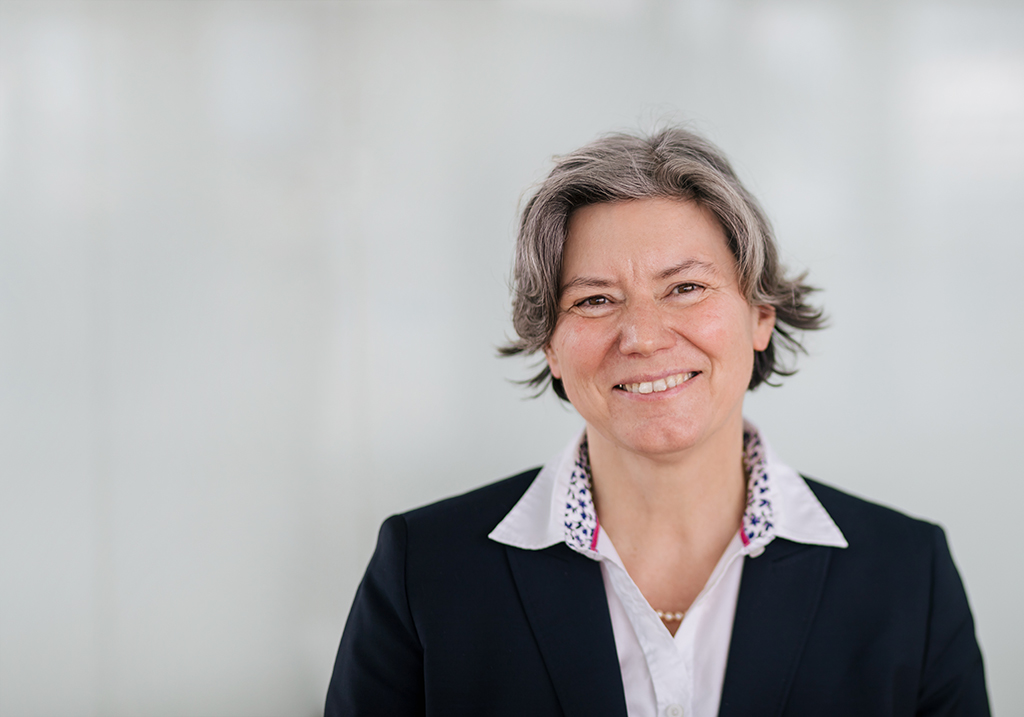‘Science and scientific freedom are essential to a strong liberal democracy.’
Freiburg, 28/03/2025
The University of Freiburg endorses the Joint Declaration by German Science Organizations and the German Federal Minister of Education and Research on Scientific Freedom.

‘It is extremely worrying that science is coming under increasing pressure in various regions of the world. Science and scientific freedom are essential to a strong liberal democracy. We therefore stress the independence of science as a core value in our Mission Statement and pledge to protect pluralism and scientific knowledge from anti-scientific and undemocratic currents’, says Prof. Dr. Kerstin Krieglstein, Rector of the University of Freiburg. ‘We also stand up for this core value in cooperation with our international partners.’
The University of Freiburg therefore endorses the Joint Declaration by German Science Organizations and the German Federal Minister of Education and Research:
Joint Declaration by German Science Organizations and the German Federal Minister of Education and Research:
‘The freedom of science is at the heart of liberal, democratic societies. Without this freedom, it is impossible for scientific efforts to be geared toward gaining knowledge and facts. It is therefore extremely worrying that the scientific freedom is coming under increasing pressure in various regions of the world.
Free science and free international exchange are key for social and economic progress. The Bonn Declaration on Freedom of Scientific Research, which was adopted at the Ministerial Conference on the European Research Area in 2020, rightly emphasizes the crucial role that free science plays as a common foundation of values for research collaboration within the European Research Area and with international partners. Inseparably linked to the freedom of science is the freedom of teaching. This is why, at their conferences in Rome 2020 and Tirana 2024, the higher education ministers of the European Higher Education Area committed themselves to fundamental academic values, which include academic freedom, scientific integrity, and institutional autonomy. The international mobility of research scientists also comes with numerous advantages for everyone involved.
As a hub for research and innovation, Germany benefits from this in particular. Due to the freedom of science enshrined in the German constitution, the different roles that each and every player in the German science landscape has, and its good overall conditions, Germany is one of the most attractive countries worldwide for excellent research scientists. This attractiveness must be secured and strengthened, and all threats to the freedom of science in Germany must be resolutely countered. We can and want to offer research scientists who no longer see the opportunity to work freely in their country a perspective within the scope of our possibilities in the German research system. In order to adequately address the global challenges of our time, such as climate change, loss of biodiversity, social injustice, armed conflicts and biomedical problems, we aim to strengthen our international partnerships while focusing on these areas. Only intensive and free global collaboration between the best minds and leading institutions from science and industry will enable us to overcome the challenges that lie ahead. As part of a strong European Research Area, we in Germany will contribute to this together with our international partners.’